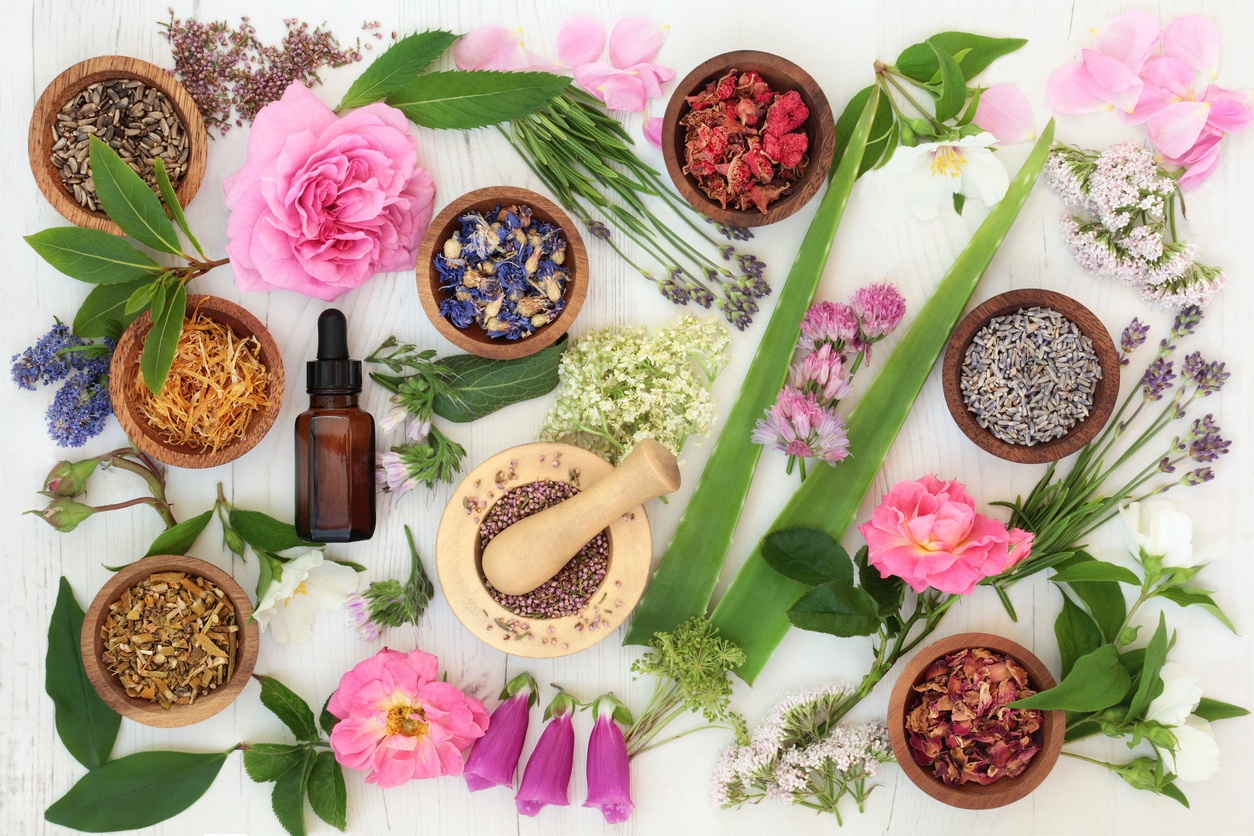DISCLAIMER: THIS ARTICLE IS NOT INTENDED FOR THE PURPOSE OF PROVIDING MEDICAL ADVICE
All information, content, and material in this article is for informational purposes only and is not intended to serve as a substitute for the consultation, diagnosis, and/or medical treatment of a qualified physician or healthcare provider.
Here in Sonoma County, you can always tell when fall is drawing near. The leaves begin to change colors, the days get shorter, and there is a slight chill in the air that leaves you daydreaming of hot cocoa and fuzzy blankets. It also means that the dreaded cold and flu season is around the corner, with allergy season not far behind. Add Covid-19 into the mix, and you have a pretty potent combination of potential bugs. This makes fall the perfect time to really ‘engage thrusters’ and boost your immune system into the stratosphere! A good diet, plenty of exercise, and the right amount of sleep all form the foundation of a sturdy immune system, but people aren’t perfect, and leading a perfectly healthy lifestyle isn’t always realistic. Maybe the baby wakes you up at 4 am so you miss out on your 8 hours, or you’re running late and the only lunch you can get isn’t really very healthy – the list goes on and on. Luckily, you don’t have to be perfect because we’ve got a list of time-tested ways to supplement your immune system naturally, and most are delicious too!
Before we go any further, there’s something we’ve got to tell you: we are not doctors. Oliver’s Markets are, well, markets. While our wellness staff are certainly knowledgeable, a trip to Oliver’s is not a replacement for a trip to the doctor. If you or someone close to you is experiencing problems with their health, please consult a licensed physician or healthcare provider, and please always talk to your doctor before adding any kind of supplements to your health regimen.
Now, let’s get into the good stuff – here’s our list for our top natural immune boosters!
Turmeric Root
Ever wonder what makes mustard or curry powder that signature yellow color? That’s our old pal Turmeric! Turmeric is a root related to ginger, and it has been used for centuries as a spice, a natural food color, and most importantly as medicine. Though the healing properties of Turmeric have long been recognized in Eastern medicine, it has only recently begun to be acknowledged in the West for its proven health benefits, most notably as a powerful anti-inflammatory.
It’s the same compound that gives turmeric its bright yellow color that also makes it a health powerhouse. Called curcuminoids, these compounds make turmeric a potent antioxidant and anti-inflammatory, which in turn can improve function of the entire body. Turmeric has been proven to help prevent heart disease, Alzheimer’s disease, the signs of aging, and even cancer. Additionally, it’s fantastic for reducing inflammation due to arthritis or any other illness which causes chronic inflammation.
Unfortunately, turmeric root itself only contains a small quantities of curcumin, so the best way to reap the benefits of turmeric is by taking it as a supplement a few times per day. Concentrated turmeric capsules, fresh turmeric juices, and adding turmeric powder to meals are all great ways to get more turmeric into your diet.
Ashwagandha
Ashwagandha is a relative to the tomato and is native to India, the Middle East, and parts of Africa. Its name in Sanskrit means “smell of a horse”, supposedly because it gives the user vigor similar to that of a horse; more likely, it’s because the plant smells strangely of horse sweat when fresh.
Ashwagandha has long been used in Indian ayurvedic medicine and has recently begun making inroads into the West. It has become well known as an adaptogen, something which helps the body to adapt to stressful situations by promoting the overall health and immune function of the individual. It has also shown promise as a natural treatment for anxiety, insomnia, depression, and other disorders affecting mood. Ashwagandha has also been shown to have potential as a way to supplement regular diabetes management, after studies were published discussing its abilities as a blood sugar regulator. When choosing Ashwagandha supplements, look for ones made only from the root, as the leaves and stems do not contain all the medicinal qualities. Ashwagandha is not recommended for long-term use.
Probiotics
Bacteria may be the source of many infections, but not all bacteria are bad; some bacteria are actually vital to our health. Though we do not like to acknowledge it, our bodies are glorious wonderlands for bacteria – we are positively covered in microbiomes. Maintaining the healthy balance of these microbiomes is key to taking care of your overall health, and a great way to do this is with probiotics.
These “good bacteria” can be found naturally in our digestive tract and contribute both to the digestion of food as well as immune function. Taking supplementary probiotics regularly can help control diseases and disorders which affect the G.I. tract, such as ulcerative colitis or irritable bowel syndrome, and it has also been shown to help control occasional bouts of diarrhea and intestinal inflammation. Probiotics have also been proven to help with ailments outside the digestive system, including eczema, allergies, and even the common cold. Probiotics can be found in capsules and supplements, and probiotic drinks, and they will occur naturally in unpasteurized fermented foods and drinks. Things like pickles, sauerkraut, kombucha, and kefir are all delicious ways to up your probiotics.
Sambucus a.k.a. Elderberry
Sambucus (commonly known as “elderberry”) is a small, dark berry with an intensely bitter flavor when raw. Both the elderberries and the elderflowers can be cooked: the flower is used to flavor drinks and liqueurs; the berries are used primarily for health. They are native to North America and Europe and have long been used as a health aid by many groups of Native Americans.
Elderberry is truly an immune-boosting heavyweight, having been shown to significantly shorten the length of colds and the flu and possibly help prevent infection in the first place. Because of their anti-oxidant and anti-inflammatory elements, elderberries have shown promising effect in the areas of heart health promotion, diabetes prevention and treatment, and cancer prevention. They are packed with vital nutrients like Vitamin C and are tremendous sources of dietary fiber, though this varies depending on variety, ripeness, and environment.
Consuming elderberries raw is not recommended, as they are known to contain cyanide – yikes! Though there isn’t enough to cause serious harm, there is still enough to cause nausea, vomiting, dizziness, and other negative effects. Cooking eliminates any traces of cyanide in the berries, though children under eighteen should still not be given elderberry. Elderberries can be taken as syrups, capsules, and even lozenges.
In this world of quick-fixes and cure-alls, it can be hard to know what’s legit, and when your wellness is on the line, accurate information is important. Stop into Oliver’s any day this week and save 25% off everything in our Wellness department, and let our knowledgeable staff find the right products just for you! Whether it’s keeping your immune system in tip-top shape or simply finding the next step in your wellness journey, Oliver’s is here to help you fall into wellness today!


No comments yet. Add the first comment